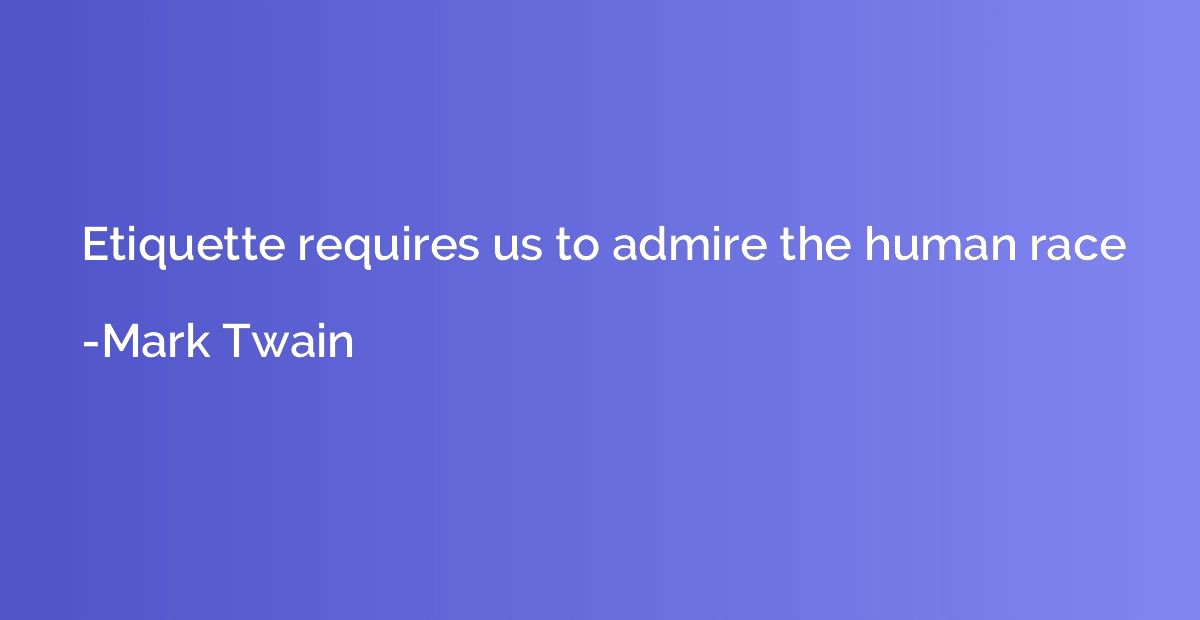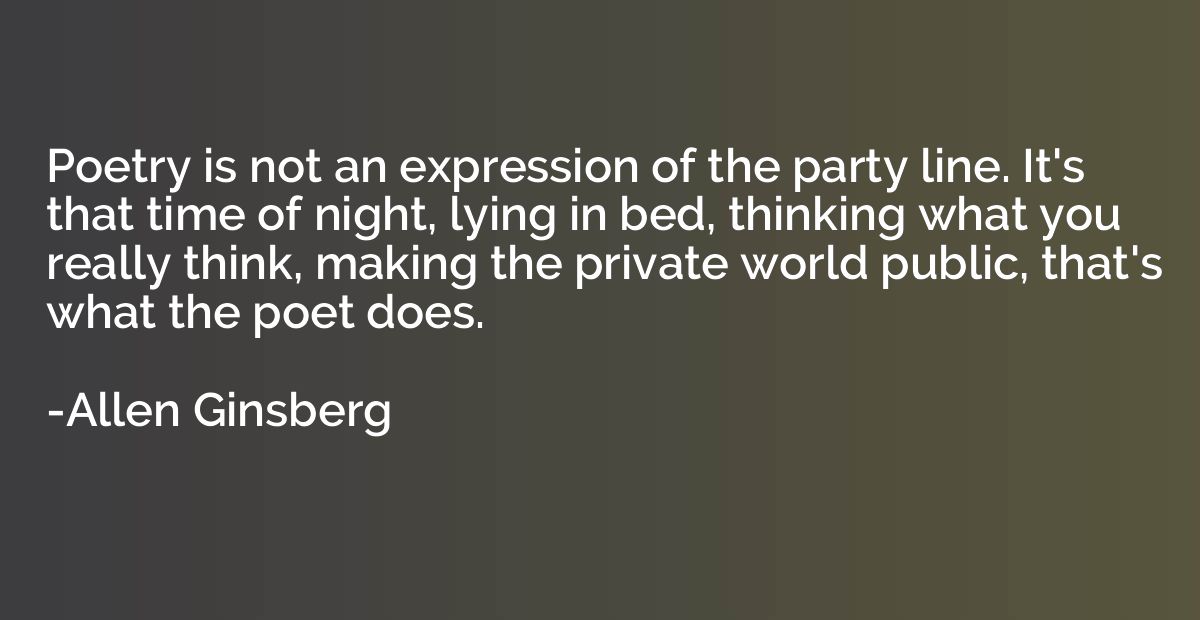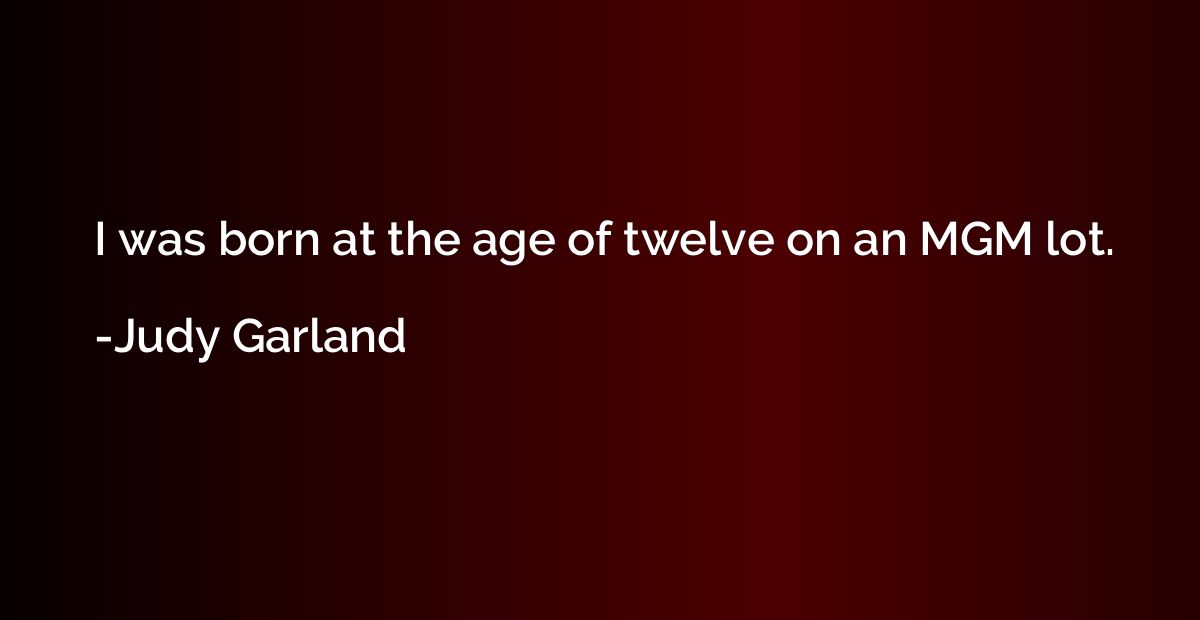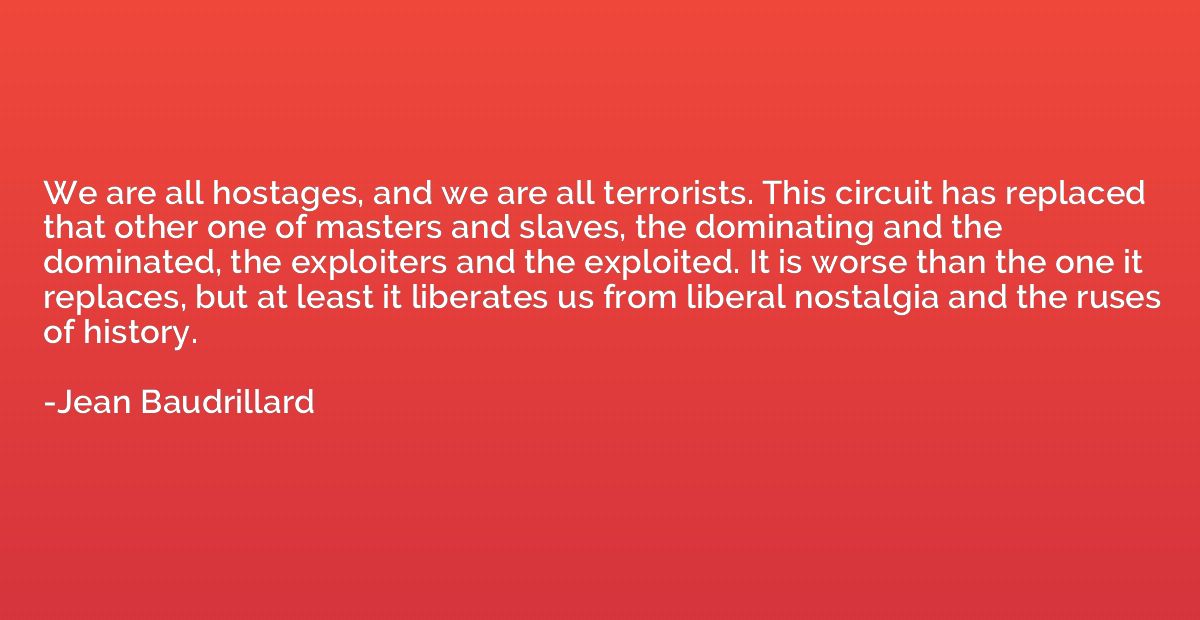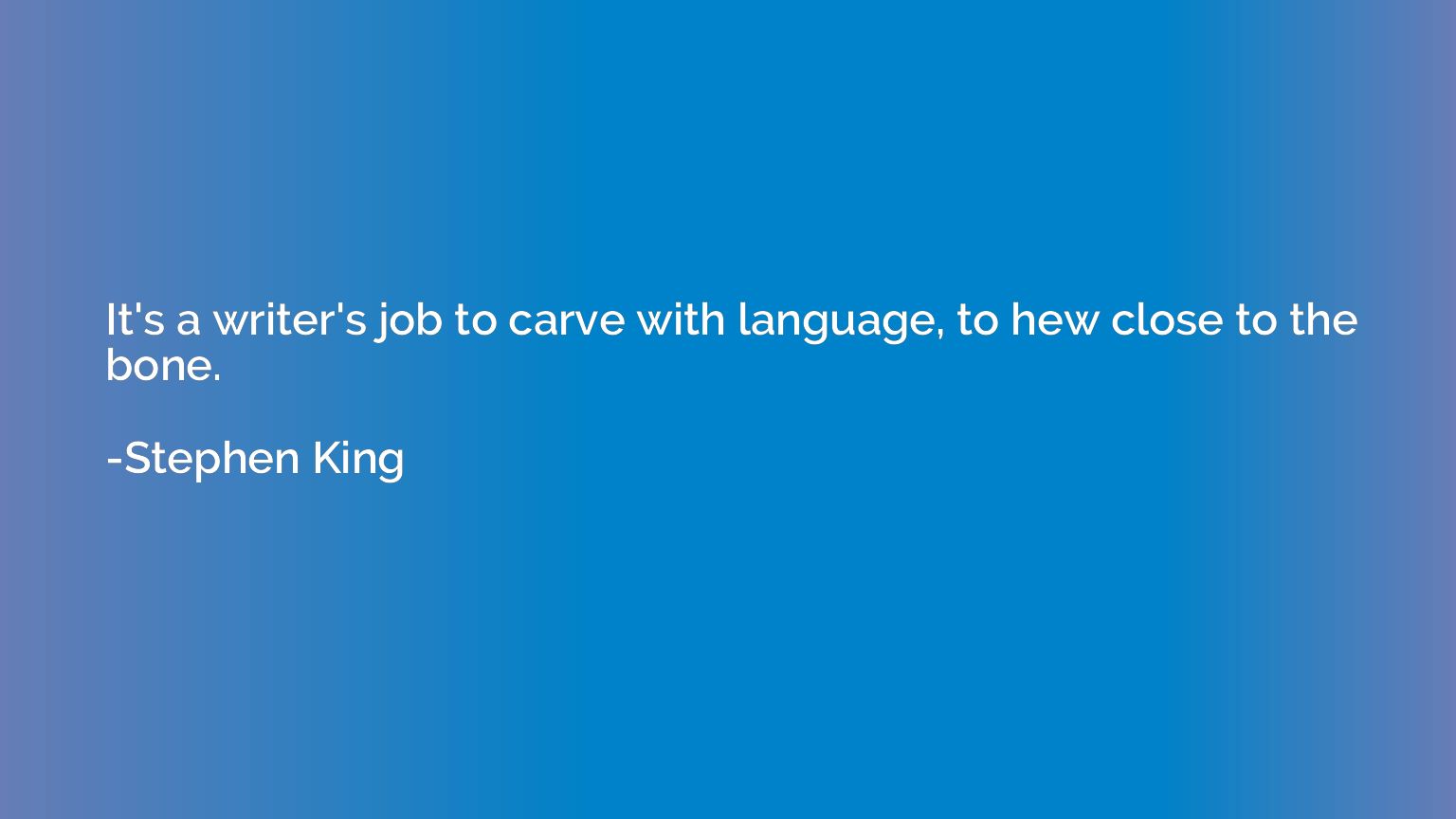Quote by Christopher Hitchens
And thus to my final and most melancholy point: a great number of Stalin's enforcers and henchmen in Eastern Europe were Jews. And not just a great number, but a great proportion. The proportion was especially high in the secret police and 'security' departments, where no doubt revenge played its own part, as did the ideological attachment to Communism that was so strong among internationally minded Jews at that period: Jews like David Szmulevski. There were reasonably strong indigenous Communist forces in Czechoslovakia and East Germany, but in Hungary and Poland the Communists were a small minority and knew it, were dependent on the Red Army and aware of the fact, and were disproportionately Jewish and widely detested for that reason. Many of the penal labor camps constructed by the Nazis were later used as holding pens for German deportees by the Communists, and some of those who ran these grim places were Jewish. Nobody from Israel or the diaspora who goes to the East of Europe on a family-history fishing-trip should be unaware of the chance that they will find out both much less and much more than the package-tour had promised them. It's easy to say, with Albert Camus, 'neither victims nor executioners.' But real history is more pitiless even than you had been told it was.

Summary
This quote discusses the involvement of Jews in Stalin's enforcers and henchmen in Eastern Europe following World War II. It suggests that there was a significant proportion of Jews in positions of power, particularly in the secret police and security departments, influenced by both a desire for revenge and an ideological attachment to communism. The quote also highlights the detestation faced by Jewish communists in Hungary and Poland, where they were a minority dependent on the Red Army. Additionally, it mentions the use of former Nazi labor camps as holding pens by the Communists, with some Jewish individuals involved. The quote concludes by emphasizing that exploring family history in Eastern Europe may reveal unexpected truths beyond the expected narratives.




